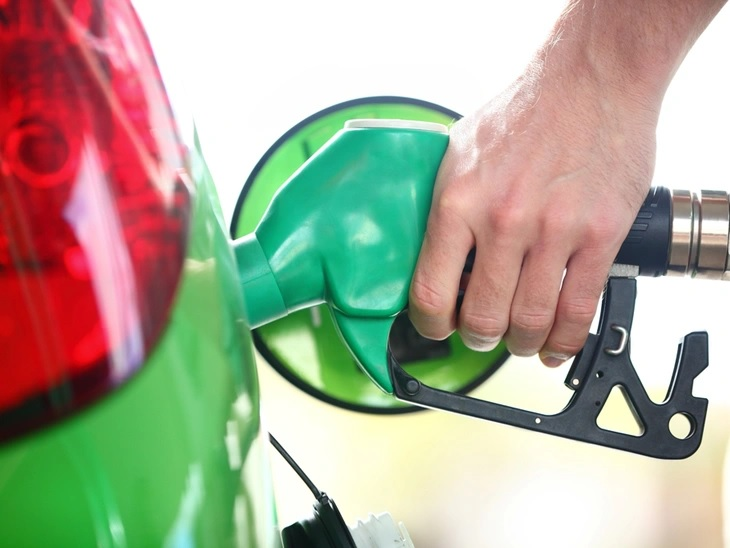
 International
International
T&B Petroleum/Press Office Unica

"Guatemala is ready to join an ethanol program and join more than 60 countries in the world that already use biofuel in their transport matrix. We will thus create a world market for ethanol and transform biofuel into a commodity with global value", highlighted the Brazilian ambassador to Guatemala, Vera Cíntia Álvarez, at the opening of the first edition of Sustainable Mobility: Ethanol Talks Guatemala.
The event, promoted by the Sugarcane Industry Union (UNICA), in partnership with the Ministry of Foreign Affairs (MRE), Local Alcohol Production Arrangement (APLA) and ApexBrasil, brought together this Tuesday (3) in Guatemala City, experts, authorities and researchers, from Brazil and Guatemala, to discuss the benefits and challenges related to the implementation of a 10% blend of ethanol in gasoline by the Central American country.
During the opening, the Minister of Energy and Mines of Guatemala, Alberto Pimentel, highlighted that Ethanol Talks provides an opportunity to learn from the Brazilian experience and contributes to the design of a policy for the use and blending of ethanol in Guatemala. "We produce ethanol, but we do not use it. We should take more advantage of the benefits of biofuel, but I believe that the future in Guatemala will be much greener in a short period of time", reinforced the minister.
Guatemala is currently discussing the implementation of a 10% blending level of ethanol in gasoline. Ethanol Talks seminars in the country aim to contribute to the Brazilian experience in the production, distribution and use of ethanol in the most diverse areas, such as public policy, technology, environment and public health.
"We are seeing that, once again, this Ethanol Talks format brings impressive gains. For us Brazilians, the great asset we have in the country is reinforced, which is the production, consumption and increase of these bioenergy parks that our plants are On the other hand, it's fantastic to see how we can contribute to countries that want to increase or implement the participation of ethanol in their transport matrix", highlighted the president of UNICA, Evandro Gussi.
AVOID EMISSIONS
Currently, more than 60 countries in the world already have mandates that establish some level of blending of ethanol in gasoline. In Brazil, the use of ethanol by almost 50% of Otto Cycle cars (light vehicles) avoided the emission of 600 million tons of CO2 into the atmosphere.
In Guatemala, with an effective policy that implements the blend of 10% ethanol in gasoline, it is possible to avoid the emission of approximately 250 thousand tons of CO2 annually. The measure would help the Central American country meet the commitments assumed in the Paris Agreement. The goal of Guatemalans is to reduce their global CO2 emissions by 11% by 2030.
"Guatemala is a country that is ready to start an ethanol program. The government is very interested in having an energy matrix, a cleaner transport matrix. This event that we are organizing here has had a very positive result and should result in a continuous process of collaboration between the two countries, of strengthening and strengthening our relationship. Today is the beginning of a long journey, which we hope will be very successful", said Eduardo Leão de Sousa, executive director of UNICA.
According to the executive director of the Guatemalan Renewable Fuels Association (ACR), Aida Lorenzo de Juaréz, the potential for blending implementation is evident, and Brazil can contribute to making this policy a reality. "I believe that this event is very important for our country because it opens the eyes of many people who do not know the subject, it opens their eyes to all the benefits that we could have and that today we are not having", said Juaréz.
PRODUCTION
The cultivation of sugar cane is one of the main engines of the Guatemalan economy, with exports of 70% of sugar production - the country is the sixth largest exporter of the product. The installed capacity for ethanol is 246 million liters per year. To mix 10% of ethanol into the country's gasoline, 238 million liters are needed per year. There is a surplus of molasses that is currently not transformed into biofuel.
TALKS AROUND THE WORLD
The Sustainable Mobility: Ethanol Talks seminars started in 2020 in Asia. Editions were held in New Delhi (India), Bangkok (Thailand) and Islamabad (Pakistan). The events brought together Brazilian experts to offer cooperation and transfer knowledge accumulated over more than 40 years of using ethanol as a fuel on a large scale in Brazil.
One of the results of this exchange is the Memorandum of Understanding, signed on April 21 of this year, by UNICA and the Association of Indian Automobile Manufacturers (SIAM). The document foresees a series of initiatives focused on policies to reduce the levels of greenhouse gas emissions from the use of ethanol. It also establishes the exchange of information on biomass and market access and sustainability of biofuels, in addition to the creation of the Virtual Center of Excellence in bioenergy.
PROJECT
In February 2008, ApexBrasil and UNICA published a strategy to promote the image of sugarcane products abroad, especially Brazilian ethanol as a clean and renewable energy source. The two entities signed an agreement that provides for shared investments. The project aims to influence the process of building the image of ethanol and other sugarcane derivatives with the main world opinion makers - governments and the media, as well as trading companies, potential investors and importers, NGOs and consumers .
Contact us